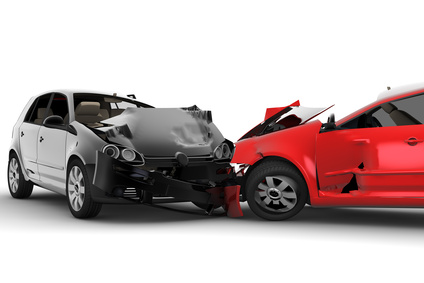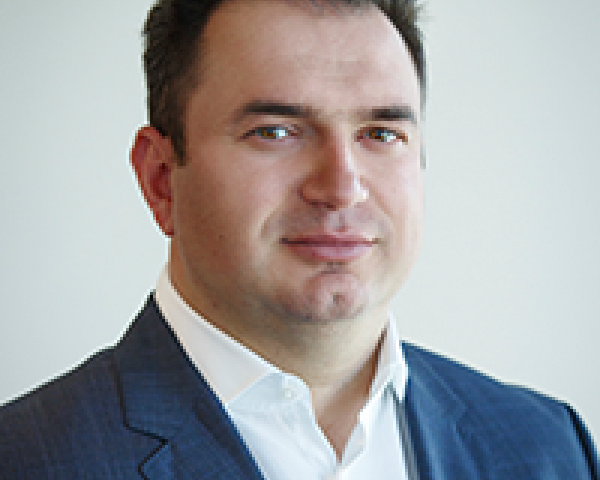Untruths cost car insurers $13 billion a year -- but technology is making it easier to deter auto fraud and greatly reduce leakage of premiums.
Personal auto insurance fraud is a problem.
According to Verisk Analytics, it’s a problem on the rise. Between 2008 and 2011, the National Insurance Crime Bureau saw a 34% increase in questionable claims.
Auto fraud is also an expensive problem. Industry estimates show that soft fraud accounts for about 10% of paid losses and loss adjustment expenses a year. In 2011 alone, the total amounted to well over $13 billion.
The problem, it seems, is that many Americans don’t consider small mistruths to be fraud. They seem to think it’s OK to slightly change the facts if it saves them money!
False garaging addresses and mileage estimates
One of the most common types of soft fraud, lying about where the car is garaged to receive auto insurance rates for a more affordable ZIP code, has traditionally been a tricky one to track. But with the data that smartphone apps for usage-based insurance (UBI) are designed to collect, it’s much easier to compare the reported garaging address with the actual garaging address. The same is true regarding the estimation of annual mileage.
While untruths about garaging and mileage may seem harmless, they add up to big profit loss. In fact,
insurancefraud.org reports that premium rating errors account for nearly 10% of the $161.7 billion in personal auto premiums written. The group found that drivers are five times more likely to report midterm mileage changes that reduce premiums than they are to report changes that may increase premiums. The website quotes a 2010 Quality Planning study that found that vehicle-garaging rating errors account for more than $2 billion in annual premium leakage.
How to step up your defense against soft fraud
Verisk puts it this way:
“Basically, carriers need to step up their game in a big way. They’ve made large investments deploying technology and data to improve the customer and agent experience. But they’re falling behind in the race to identify fraud and rate evasion -- a race they can’t afford to lose.”
While most auto insurers think of UBI as a strategy to improve customer attraction, retention, pricing and loss ratios, it might be time to expand UBI thinking to include the objective of fraud deterrence. When you add in the potential savings of eliminating even 10% of premium leakage from auto insurance soft fraud, the ROI for UBI becomes even more compelling.


